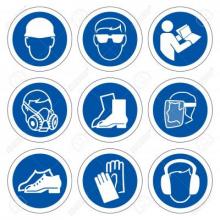Coronavirus: Information for workers
If you need to stay at home because you, or someone you live with, have coronavirus symptoms, you could be eligible to Statutory Sick Pay from day one. Employers should be flexible regarding medical evidence as in some cases you will be asked to self-isolate for up to 14 days. If your workplace closes due to coronavirus, under the government’s Coronavirus Job Retention Scheme you will receive 80% of wages up to £2,500 per month.













